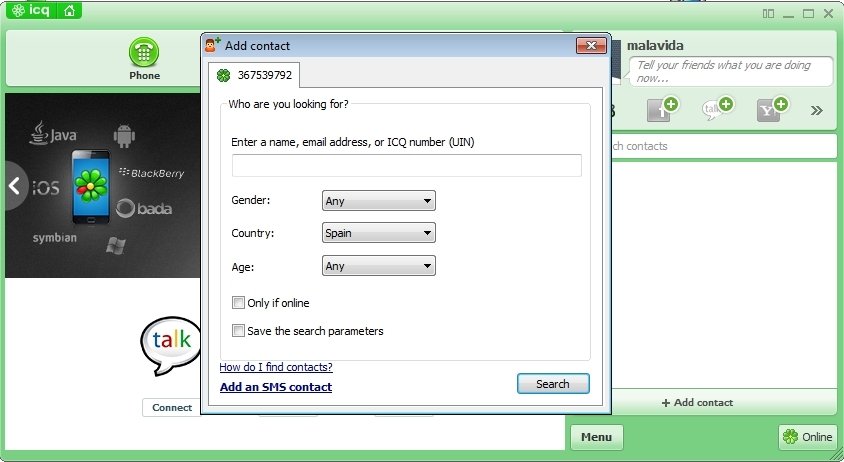

Intercultural competency is part of a global interview that we assess as soon as a candidate will have to deal with otherness, which is not only interesting but also a potential barrier. Even if you are not working in an intercultural context, you will find that the competencies described here are essential for executives and teams to turn the challenges of their complex and changing business context into opportunities for innovation. Is an assessment of ICQ important even for roles that don’t require working across international borders?Ī. This tool is used particularly in an ex-pat project But in case a candidate (M/F) needs to know his “cultural profile” enabling him to discover which culture(s) he is the most at ease with, and compare it to another specific one, we also can use a survey that will help people avoid cultural pitfalls that may arise when dealing with people born and raised in other cultures. That is what we assess in the general context. Measuring the cultural quotient has become such a crucial prerequisite for recruitment success that we have taken this extra step and also developed a gamified assessment for the recruitment of corporate leaders with diverse teams. § Managing Uncertainty: How well do we deal with the uncertainty of intercultural interactions? § Building Commitment: How capable are we of bringing people together around shared goals? § Intercultural Communication: How well do we adapt how we communicate across cultures?

§ Intercultural Sensitivity: How aware are we of different perspectives and signals? It identifies the intercultural competences she can develop and train, with four main dimensions and 24 cross items, including: The assessment helps to better understand how a person currently approaches intercultural interactions, what she does well and what she may find difficult. We use a specific Intercultural Quotient Assessment that is powerful and internationally recognized for improving intercultural effectiveness: it provides one of the largest datasets on intercultural competences worldwide. As recruiters, we need to be sensitive to the mindsets people have, and we must be able to give fair and “compliant” feedback – that is, feedback that is delivered in an ethical way. This question is about the way that each recruiter manages candidate interviews, considering the position and the core competencies it requires.įirst, how could we assess that if we do not know our own “intercultural level” or ICQ? That is why at Peak Lifecycles HR, we decided to be trained and certified to know exactly what “cultural competency” means for each of us, in order to well understand what it means for others.

Anne, how do you assess the ICQ of an executive level candidate? Are there specific tools or instruments you use?Ī.


 0 kommentar(er)
0 kommentar(er)
